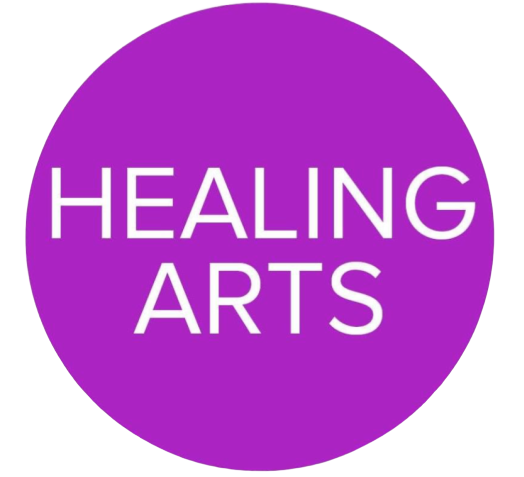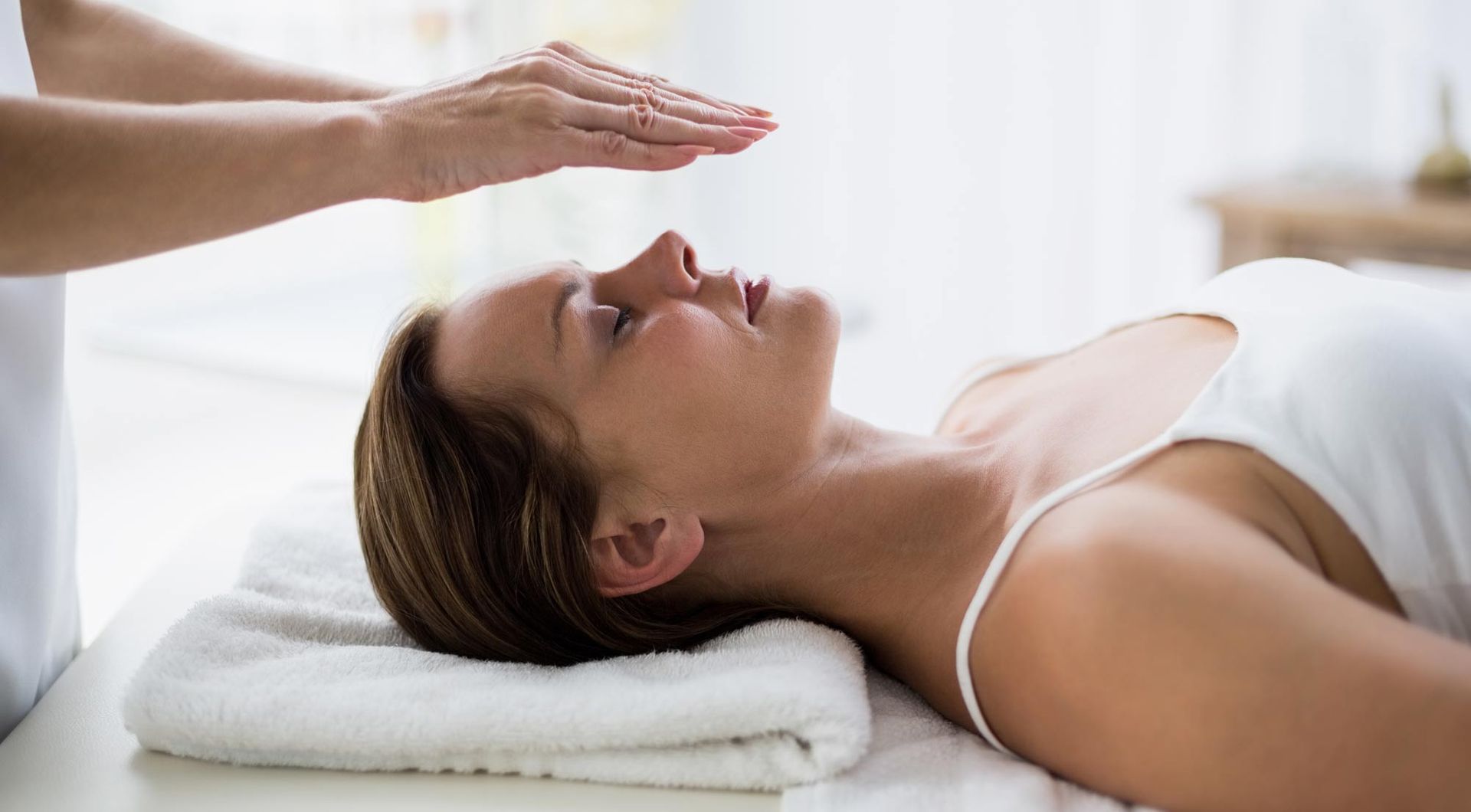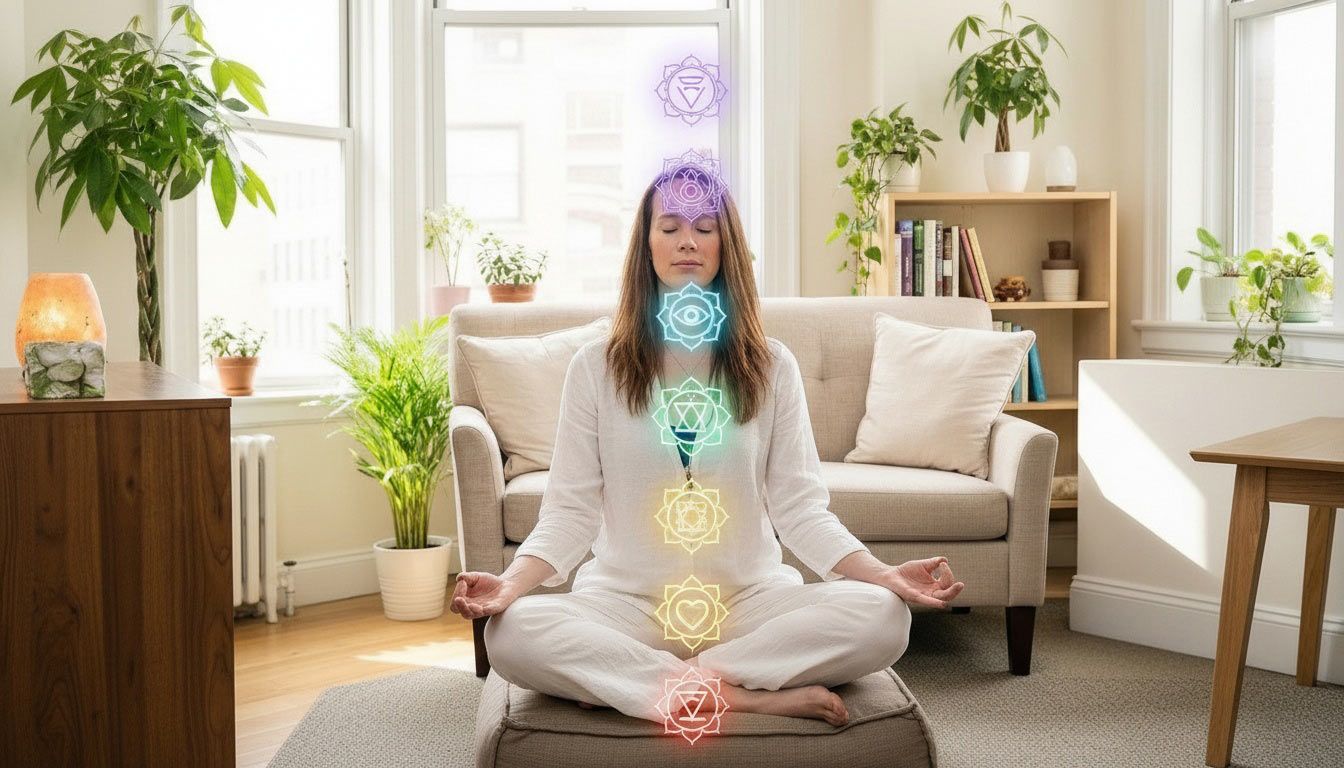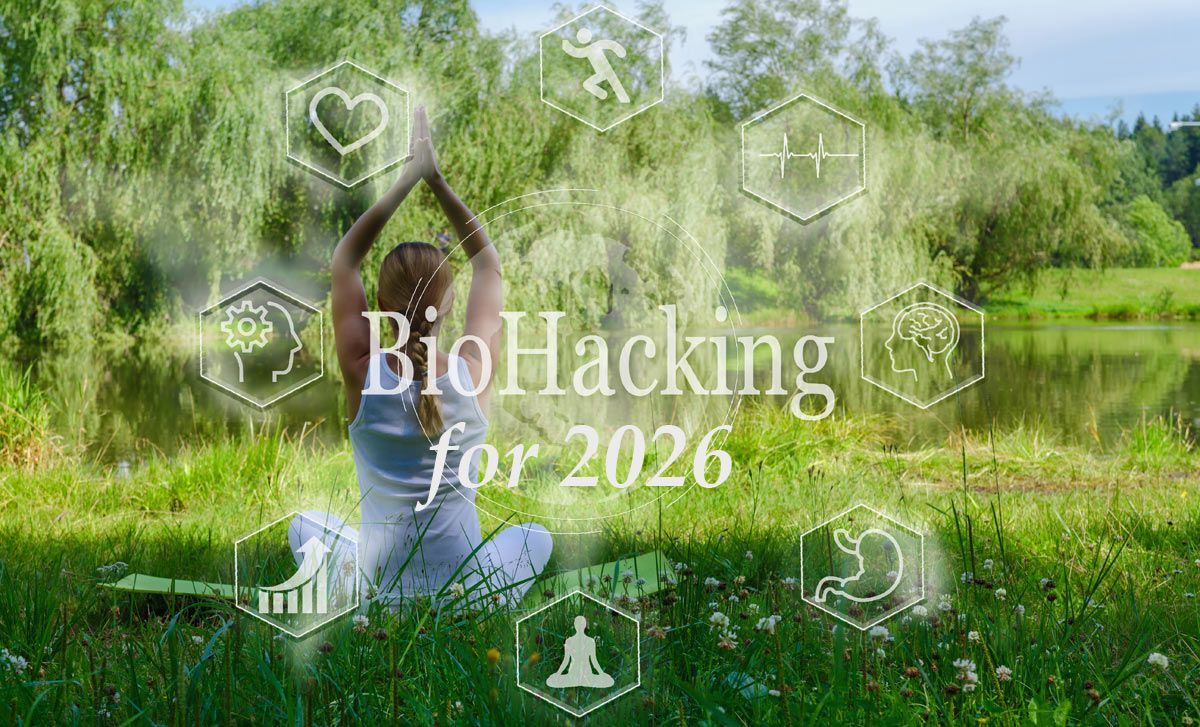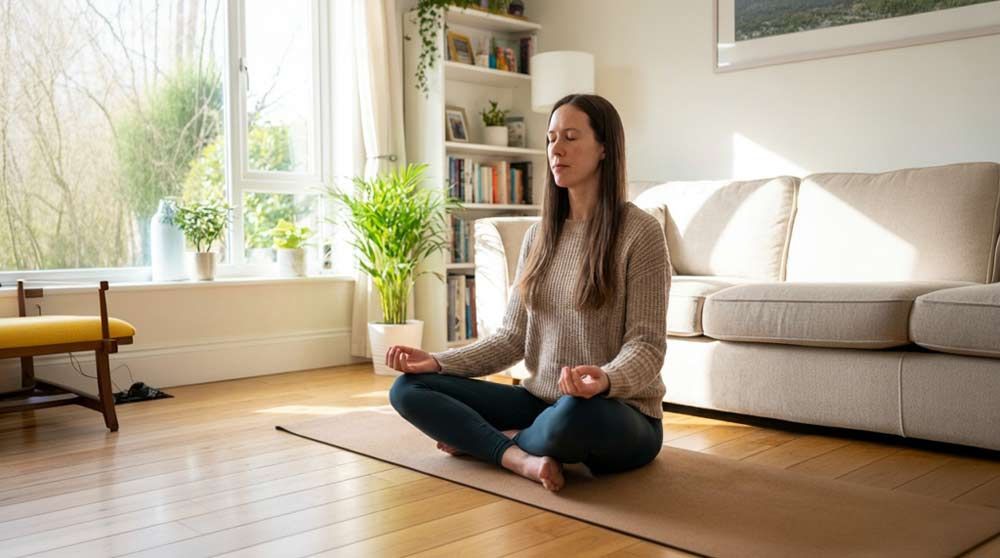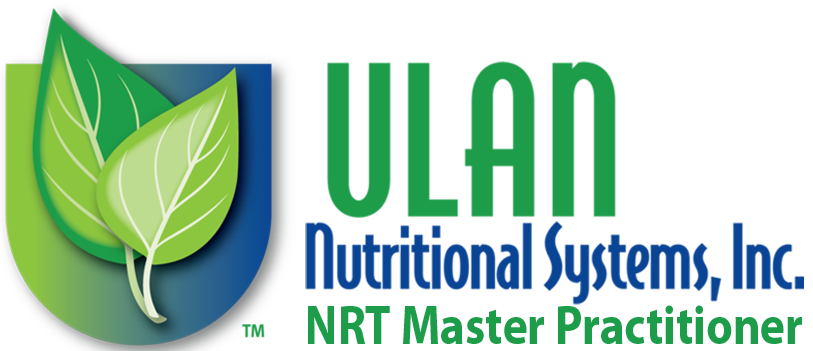Understanding Reiki and Its Impact on Well-Being
The core principle of Reiki involves the transfer of healing energy from the practitioner to the recipient. A typical Reiki session begins with the recipient lying down fully clothed in a peaceful and comfortable environment.
-Dr. Alicia Armitstead
Discovering Reiki: A Holistic Approach to Healing and Relaxation
Finding effective methods to promote relaxation and enhance overall well-being is essential in a world that often feels chaotic and overwhelming. One such method that has gained increasing popularity in recent years is Reiki, a holistic healing practice that focuses on balancing energy within the body. Rooted in ancient Japanese traditions, Reiki offers a unique approach to wellness that can complement conventional medical practices. This blog post will explore what Reiki is and how it works, and incorporate personal testimonials highlighting its effectiveness in promoting healing and relaxation.
What is Reiki?
Reiki is a form of energy healing that originated in Japan in the early 20th century. The term "Reiki" translates to "universal life energy," which reflects its foundational belief that everything is connected through a universal energy. Practitioners of Reiki believe that this energy flows through all living things and is crucial for maintaining well-being. When this energy is imbalanced or blocked, it can manifest as physical, emotional, or mental distress. Reiki practitioners serve as conduits for this energy, using their hands to channel it into the recipient's body, promoting relaxation and facilitating the body's natural healing processes.
How Does Reiki Work?
The core principle of Reiki involves the transfer of healing energy from the practitioner to the recipient. A typical Reiki session begins with the recipient lying down fully clothed in a peaceful and comfortable environment. The practitioner lightly places their hands on or just above the recipient's body, focusing on specific areas needing healing. The practitioner channels energy through various hand positions and intentions, encouraging relaxation and alleviating stress.
Reiki works on multiple levels—physical, emotional, mental, and spiritual—helping to balance these aspects of a person's life. When a person is relaxed, their body can adopt a parasympathetic response, allowing it to rest, digest, and recover. During a session, many recipients feel a profound sense of calm and warmth, often likening the experience to being enveloped in comforting energy. This effect can temporarily reduce anxiety, promote clarity of thought, and foster emotional stability.
The Science Behind Reiki
Although Reiki is often regarded as an alternative therapy, increasing interest in its efficacy has led to scientific inquiries into its effects. Some studies have indicated that Reiki may elicit statistically significant changes in pain levels, anxiety, and overall quality of life for individuals with chronic conditions. Research published in the Journal of Holistic Nursing reviewed various studies and found that Reiki can help reduce anxiety and pain levels in patients undergoing medical treatments.
While more rigorous research is needed to understand the mechanisms and potential applications of Reiki fully, preliminary findings suggest that it can be a valuable complementary therapy. It is crucial to note that Reiki does not replace conventional medicine; instead, it serves as an adjunct to enhance the overall healing experience.
Personal Testimonials: The Impact of Reiki on Well-Being
Personal experiences of individuals who have engaged with Reiki can provide compelling insights into its effectiveness. Many clients share transformative experiences that highlight the benefits of Reiki in their lives. One individual reported battling chronic stress and anxiety due to a high-pressure job. After several Reiki sessions, they noticed a remarkable reduction in their anxiety levels, stating, "It was as if a weight had been lifted off my shoulders. I could finally breathe again and approach my job with clarity and calmness."
Another testimonial comes from a woman undergoing cancer treatment. She started receiving Reiki sessions to help cope with the physical and emotional toll of her illness. After each session, she felt rejuvenated, with enhanced emotional resilience. "Reiki provided me with a sense of peace amid the chaos. It was more than the physical healing; it helped me reconnect with my spirit," she expressed. Her experience emphasizes Reiki's potential in promoting emotional support during challenging health journeys.
Additionally, a young athlete shared how Reiki sessions aided in her recovery from sports injuries. After experiencing a setback that left her feeling frustrated and disheartened, she sought Reiki as part of her healing process. "The sessions not only helped relieve pain, but they also gave me a sense of empowerment and peace as I worked towards recovery," she stated. This highlights how Reiki can foster emotional and mental resilience alongside physical healing.
The Role of Reiki in Stress Reduction
Stress is a pervasive issue affecting individuals across various demographics. The techniques employed in Reiki help reduce stress and support relaxation through focused breathing and intentional energy work. Practitioners often emphasize the importance of mindfulness during the process, allowing clients to release tension and cultivate a more profound sense of awareness and presence. As the body relaxes, cortisol levels decrease, promoting a healthier physiological response to stressors.
Clinical experiences frequently demonstrate that individuals who engage with Reiki report feeling more balanced and centered in their daily lives. Many clients incorporate Reiki sessions into their routine as a preventive measure against stress, prioritizing self-care in a world that often demands constant attention.
Reiki and Holistic Healing
Reiki is often practiced as part of a broader holistic healthcare approach. Many therapists, acupuncturists, and wellness practitioners integrate Reiki into their services, enhancing the overall effectiveness of their treatments. For instance, individuals receiving acupuncture may find that adjunctive Reiki sessions help them achieve a deeper state of relaxation, enhancing their acupuncture treatment's benefits.
The holistic nature of Reiki aligns well with a comprehensive approach to health, emphasizing that healing extends beyond mere physical ailments. By addressing emotional and spiritual components, Reiki fosters a sense of overall well-being, encouraging individuals to pursue healthier lifestyles.
Finding a Qualified Reiki Practitioner
If you are considering exploring Reiki, seeking a qualified practitioner who has received appropriate training and certification is essential. Reiki practitioners may come from various backgrounds, including health care, wellness, and alternative medicine. Always feel free to ask about their qualifications, experience, and approach to ensure a safe and effective experience.
During your first session, take note of how comfortable you feel with the practitioner and the atmosphere of the space. Trust your intuition, as the relationship between the client and practitioner can significantly affect the effectiveness of the healing experience.
The Future of Reiki in Wellness
As the therapeutic landscape evolves, the potential for Reiki to play an increasing role in wellness and healthcare is promising. Integrating Reiki into conventional medical settings may help bridge the gap between alternative and traditional practices, offering patients more comprehensive care options. Hospitals and wellness centers are starting to explore incorporating Reiki into patient care programs, especially in areas focused on stress reduction and pain management.
As research continues to validate the benefits of Reiki, more health professionals may recognize its value in supporting patients' holistic needs. By increasing awareness and acceptance of Reiki, individuals can explore additional resources to enhance their well-being and healing experiences.
Conclusion
Reiki is a profound practice that offers numerous benefits for individuals seeking relaxation, healing, and empowerment. By understanding the principles of Reiki and its potential impacts on well-being, individuals can make informed decisions about their health and wellness journeys. The personal testimonials shared by those who have benefited from Reiki underscore its effectiveness in promoting balance and renewal. As society increasingly recognizes the importance of holistic approaches, Reiki stands out as a valuable modality that complements and enhances overall health.
Text
